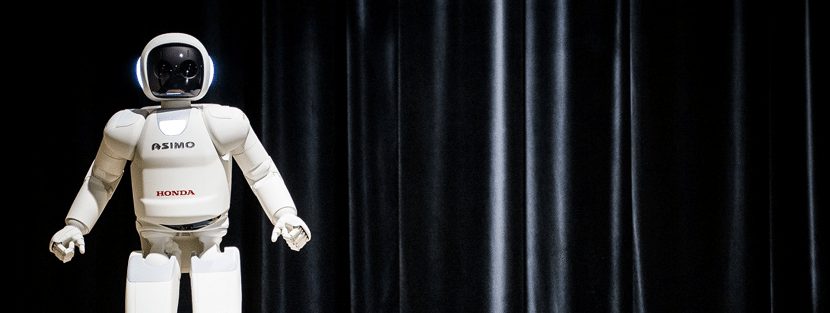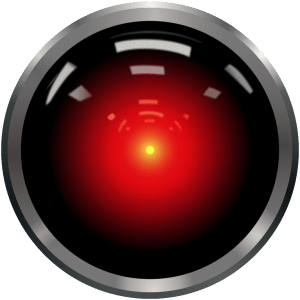Robot apocalypse imminent
From Hal 9000 to The Terminator, science fiction has created enough evil robots to end humanity a thousand times over, but is this likely?
As a part of Warwick’s Festival of the Imagination, a panel was held to debate whether the current trend in robotics and artificial intelligence (AI) will result in the “inevitable destruction of humanity”.
As we entered the theatre, on the stage in plush leather chairs sat our five panellists, in a mimicked romantic candle-lit setting, starkly contrasting with the topic at hand – bodies and minds made of cold steel.
To set the scene while the room filled, we were treated with an old recording reminding us how robots should behave – Asimov’s three Laws of Robotics.
The prevailing attitude in the audience was that our demise is not inevitable. The arguments from the panel in support of this shared a common thread; that if it was going to happen, it would already have happened, and that fears of the robot apocalypse are simply a reaction against change, the likes of which are echoed throughout history – for instance people’s initial terror at the idea of the car.
They also pointed out that we shouldn’t assume that the final result of a supreme AI’s lengthy computation would be “KILL ALL HUMANS!”
machines don’t need consciousness as we know it to be a threat to human life
Arguing the opposite – that our scientists are right now designing and building the parts that may one day reside in the machines intent on our destruction – the panellists brought up the genuinely scary subject of autonomous military drones. They pointed out that clearly machines don’t need consciousness as we know it to be a threat to human life, and that robots can be physically and computationally superior to humans in nearly all ways.
Another more unusual point was raised – the lack of ethics committees in a field that is often advanced by commercial and military pursuits, which allows developments to happen unchecked.
Neither of the two sides had clearly won the debate by the time it ended, with several logical fallacies arising from both sides. The opinions of the audience had not visibly shifted during the final vote.
This reporter believes the impact of artificial consciousness to be profound, hard to quantify or predict, and largely overlooked in this talk. While AI past a certain level may well decide not to harm humanity, it’s all the other AI’s in between that would be unpredictable, and could conceivably decide to declare war on humanity. If such an AI were to learn from our wartime history, present and near future, we have great reason for concern.


Comments